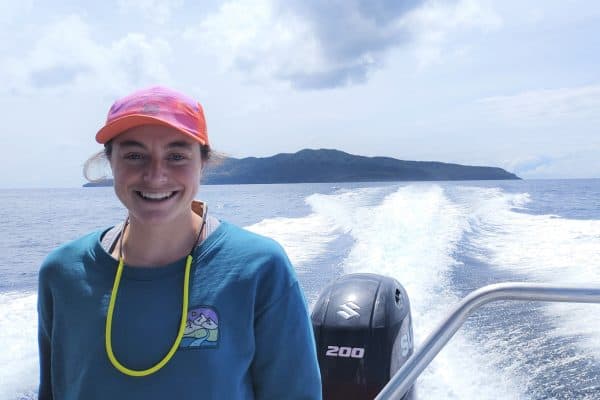Incorporating Wider Infrastructure Disruption in Flooding Resilience Investments
I’m originally from the Sultanate of Oman, a country that has its fair share of exposure to natural hazards, especially hazards related to climate change.
I have a Bachelor’s Degree in Civil and Environmental Engineering from the University of Auckland. My passion for research in civil and environmental engineering has developed by understanding the immense role that civil engineers have in the sustainable development of cities. This concept fuels my curiosity, drive, and motivation to succeed in the civil engineering industry to ensure that communities are more resilient to climate change by increasing their coping capacity and, more importantly, reducing recovery times by minimising the risk and vulnerability of flood events. I have been awarded a scholarship from the University of Auckland supported by Resilience to Nature’s Challenges to continue my studies and conduct a PhD on flooding resilience.
My Project

Resilience is considered a practical tool for preventing and mitigating the impact of hazards. The key to understanding the resilience of infrastructure is in identifying infrastructure vulnerability, understanding the interdependency between infrastructures, and also the time taken for infrastructure to recover from the impact of flood events.
My work contributes to enhancing resilience by developing a comprehensive understanding of the concept of urban resilience and its use in the operational context, specifically “Incorporating wider infrastructure disruption in urban flooding resilience investments”. I am currently developing an integrated framework to quantify flooding resilience that can be adapted for use in the New Zealand context to incorporate flood disruptions into wider infrastructure investments. The framework to quantify the disruption includes assessing the flood hazard and vulnerability, risk, and direct and indirect impact through understanding infrastructure interdependencies.
Next Steps
The study will utilise data collected by local councils from previous flood events. It will consider mechanisms to measure a community’s coping capacity, including preparedness level, warning system, emergency control services, social factors, and income levels within the study area.
Geographical and assets data will also be obtained using a range of sources such as GeoMaps mapping services and GIS maps available. Some of the required maps such as transportation system, slope and elevation map can also be developed and modified using ArcGIS software from the study area’s digital elevation model (DEM). Demographic data will be obtained from census reports authored by Statistics New Zealand to quantify community resilience to flooding. The data collected will be analysed and processed to develop a flood inundation model (using the MIKE FLOOD Modelling tool), which then will be conveniently integrated with a graphical user interface (GUI) produced using the python toolbox in MIKE software and ArcGIS. Based on the framework and flood model outcomes, recommendations will be made to help local councils and authorities prioritize their investments and increase urban resilience to flooding.




